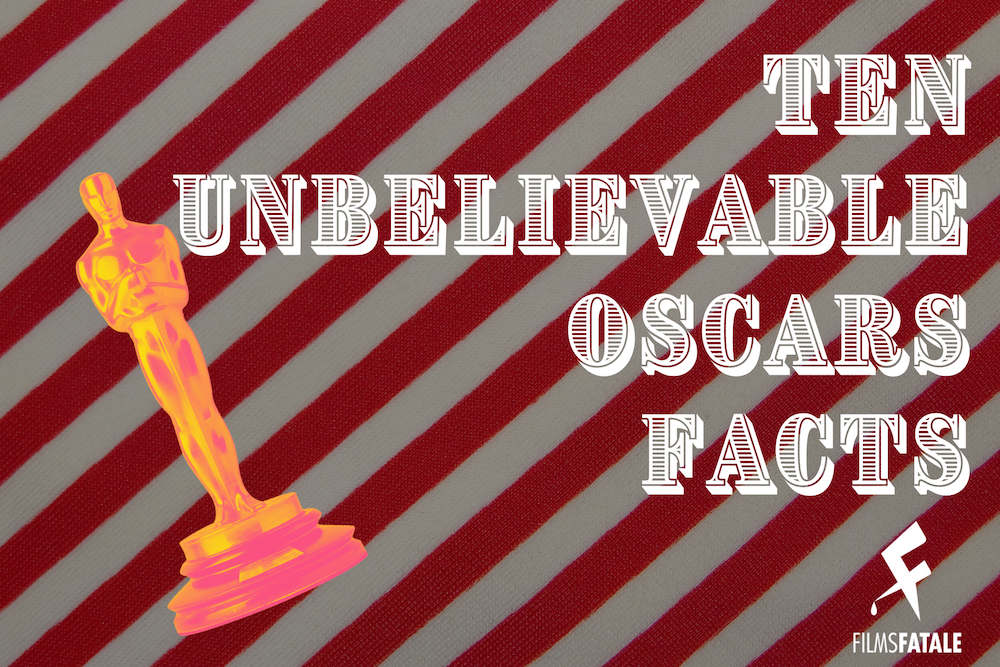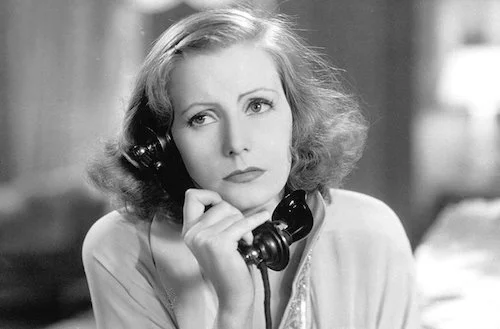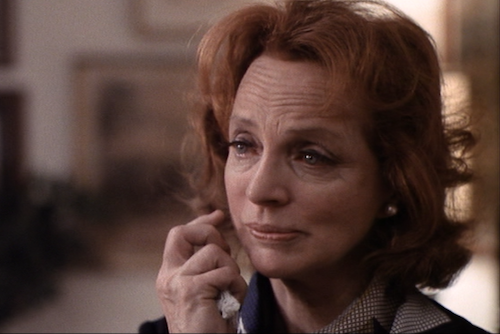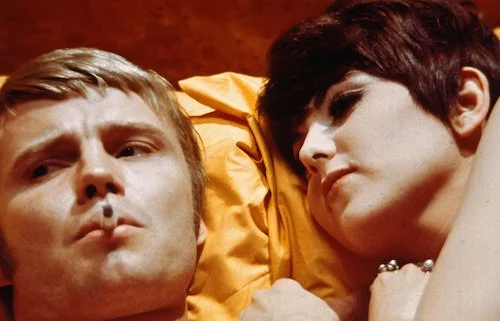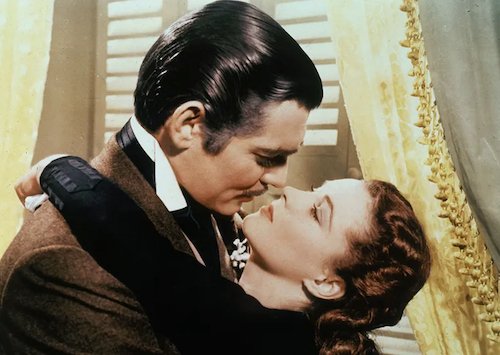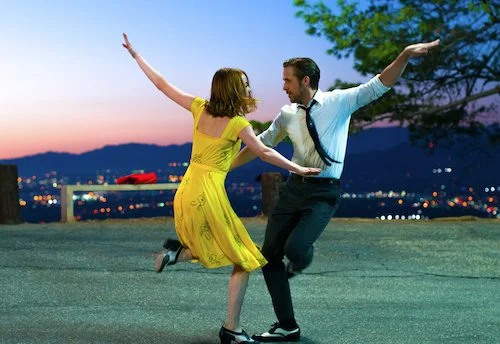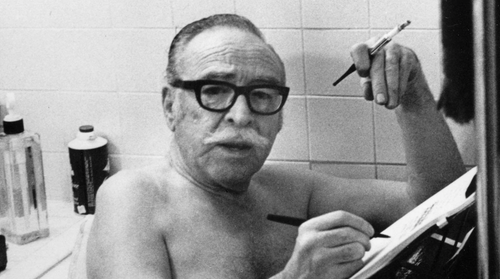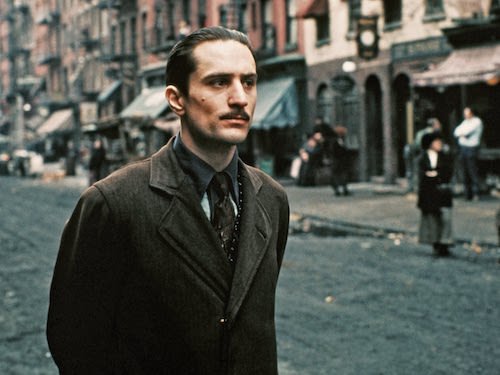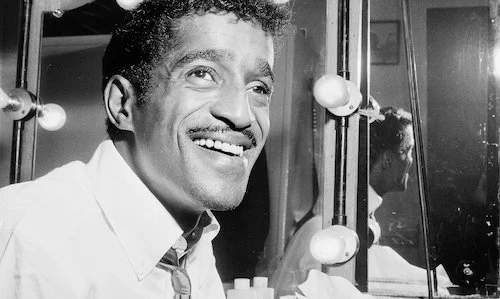Ten Unbelievable Oscars Facts
Written by Andreas Babiolakis
Growing up, I was addicted to learning unusual facts from Ripley’s Believe It or Not!. I would wake up super early on Saturdays to watch the Dean Cain-hosted series until it was pulled from the air. I owned a number of these books (so much so that they became instant gift ideas from family members). I even visited the Niagara Falls-based museum multiple times. I’ve had an affinity for abnormal trivia ever since I was a child as a result. With that in mind, it’s still Oscars season, and the Academy Awards are a few years shy of being one hundred years old. You’d think that there would be some interesting trivia to pull from this near-century of awards, and you would be right. In case you want to spice up your Oscars-themed party with some out-there tidbits, I’ve got you covered. Now, I’ll try not to settle for obvious facts that get discussed all of the time. I want to focus on the kinds of facts that will either stun you or leave you scratching your head. I also don’t want to lazily rely on recent events that everyone knows about (like the Moonlight and La La Land Best Picture mixup, or the Will Smith stunt that we’re all sick to death of hearing about). Hopefully, these ten unusual facts about the Academy Awards will teach you something new and unbelievable.
Barry Fitzgerald Was Nominated Twice For The Same Movie (And Won Once)
The Academy and film-going audiences everywhere loved the Bing Crosby-starring vehicle Going My Way. A little too much, I’d argue. Not only did the film clean up everything including Best Picture, but Barry Fitzgerald was nominated twice (!) for his performance as Father Fitzgibbon. He lost to Bing Crosby (for, well, this film) in the Best Actor category, but I doubt he was too upset because he won Best Supporting Actor that very same night (no, Fitzgerald wasn’t nominated in different years via some release date loophole either; these were two nominations for the same Oscars ceremony). This was because his name was being submitted for both categories by the Academy members. Obviously, a rule had to be put into place after this happened, so actors have had to be considered as either a lead or a supporting role. This has mostly worked since, excluding the time LaKeith Stanfield was nominated in a supporting role alongside Daniel Kaluuya for Judas and the Black Messiah (so who is the star, then?).
Grand Hotel Won Best Picture And Wasn’t Nominated For Anything Else
The Oscars were still green by the time Grand Hotel was released in the early thirties. This was only the fifth Best Picture winner, and it has remained an anomaly over ninety years later: it is the only Best Picture winner to not even be nominated for anything else. You read that correctly. It wasn’t that it won nothing else; it flat-out wasn’t even considered. Not even for Best Director. This is baffling because of how star-studded the cast is (from Greta Garbo and Joan Crawford to both John and Lionel Barrymore) and how adored the screenplay is (amongst other elements). What may help make more sense of this situation is that various categories like Best Director and the acting nominees weren’t grouped into five candidates as they would be for most of Oscars history; a measly three names (or fewer, in some cases) were considered in even some of the major categories. That explains the lack of other nominations. What about that mysterious win? Perhaps Grand Hotel just won the Academy over in between the nomination stage and the final reveal of the winners.
Beatrice Straight Won An Oscar For Being In A Film For Five Minutes
In case you’re wondering what the shortest winning performance of all time is (and I don’t think it’ll be bested any time soon), it’s Beatrice Straight’s role as the heartbroken wife of a cheating station president in Sidney Lumet’s masterpiece Network. She appears ever-so-briefly in one other scene, but her Oscar-winning moment comes in the form of one of the film’s many brilliant monologues as she confronts her husband about his affair. Her entire time on screen is five minutes and two seconds. She joined other Network stars Faye Dunaway and Peter Finch (in a posthumous win) as the film cleaned up every category but Best Supporting Actor (even though Ned Beatty was considered via nomination for what is often considered one of the greatest monologues of all time).
The First Academy Awards Had Two Best Picture Winners (There Wasn’t A Tie)
Of course an annual awards celebration won’t have it all figured out the first year, but the Academy Awards didn’t even stick to their initial thoughts on how the best films of a year should be honoured. Therefore, the very first Oscars had two Best Picture winners without there being a tie… technically. You see, the first year actually had two different Best Picture categories: one for Outstanding Picture (a recognition of production and technical brilliance overall), and another for Unique and Artistic Picture (the former would ultimately become the Best Picture category, while the latter would fizzle the next year). The World War I drama Wings would win Best Picture (as we now know it). So, what was the other Best Picture winner, and the sole recipient of Unique and Artistic Picture? F. W. Murnau’s exemplary silent film Sunrise: A Song of Two Humans. I can only wonder what this category would look like nowadays and what kinds of films would be winning trophies because of it.
An X-Rated Film Won Best Picture
What isn’t surprising at all is that Midnight Cowboy is a Best Picture winner, given how beloved the film is. What may come as a shock is that it is the first — and only — X-rated Best Picture winner of all time. While the film is a slice of counterculture rebellion that tells the story of an aspiring gigolo and his various escapades, I think most of us would agree that it is fairly tame by today’s standards. Even ratings boards back then would agree, as Midnight Cowboy was quickly changed to being rated R as soon as 1971. So, what made for the X rating? Not the drug-infused psychedelia, or the sexuality, or even the language. It was the tiptoeing around the themes of homosexuality and likely the intention to have the film seen less as a result (of course, it had to be bigotry).
The Los Angeles Times Spoiled All Of The Winners Of The 12th Academy Awards
Why do Oscar winners have to be delivered via sealed envelope? You can thank events like what transpired before the 1940 Academy Awards for this protocol. The Los Angeles Times beat out the 12th Oscars ceremony by releasing the winners of the event; it was so early that stars like Clark Gable were finding out who won before they even arrived at the ceremony. So, what year did the Los Angeles Times spoil? Only the one where Gone With the Wind picked up a then-record eight Academy Award wins (don’t forget the box office records the film was breaking as well). It kind of ruins the triumph of the occasion to have the winners revealed before they’re meant to be announced. Mind you, this was before the events were televised for all to see, so the general public would find out via reading about the winners nonetheless, but this is still an awful decision made by the Los Angeles Times regarding those who were actually competing.
There’s A Secret Oscars Category With Zero Winners
Would you believe there is this ghostly category that floats around and is never used until there is an absolute cause for it to exist? Would you also trust that no film has technically ever won in this category (or even been nominated within it)? Since the Academy erased most of the categories even associated with musical films (outside of Best Original Song), the final nail in the coffin was the combining of both scores-based categories into Best Original Score (so, there would no longer be a category for the scores conducted for musicals), the Academy created a just-in-case category that would seldom be used: Best Original Musical. If you haven’t heard of it (this “newer” category has nothing to do with the musicals that won in Oscars past, by the way), it’s because there has never been a reason for it to be used. The stipulations are as follows. First, a film can only be considered a musical if it has “no fewer than five original songs by the same writer or team of writers”, and these songs have to be audible and be associated with the storyline. In order for the Best Original Musical category to be used, there have to be at least ten musical films in one year that can apply (as to create a shortlist for voters to pick from and to also ward off years of purely awful nominations that the Academy has to select a winner from, I suppose). Given the niche state of the genre, these qualifications have reportedly been impossible to meet ever since 1963, so this is likely why you’ve never even heard of this category. Just in case Lin-Manuel Miranda’s influence takes over for good, the Oscars are prepared with this otherwise useless category.
Three People Won Oscars Under Pseudonyms During The Blacklisting Era
While McCarthyism was in full effect in the 1950s, we would see films like High Noon getting robbed of Best Picture (since its screenwriter, Carl Foreman, was linked to Communism) and one of the worst legacy winners, The Greatest Show on Earth, in its absence. Not only that, but it was becoming dangerous for those deemed of being blacklisted to be acknowledged or even show up for their award. Of course, those threatened with being blacklisted by Hollywood still wanted to work and be recognized for their art, so the fifties saw a few Oscar trophies being awarded to people who posed as coverups (and even someone who flat-out didn’t even exist). Carl Foreman and Michael Wilson were submitted as French author Pierre Boulle, who won for the screenplay for The Bridge on the River Kwai despite not even being able to speak English. Nedrick Young adopted the pseudonym Nathan E. Douglas when he won with co-writer Harold Jacob Smith for The Defiant Ones (speaking of defiance, director Stanley Kramer had Young cameo in the film). Then there’s Dalton Trumbo who won twice, once under the fake name Robert Rich (The Brave One) and previously as the real Ian McLellan Hunter who agreed to stand in for him for Roman Holiday; as Hunter’s son refused to hand over the Oscar trophy to Trumbo once it was widely known, the Academy created a second Oscar for Trumbo for this same film.
Three Pairs Of Actors Have Won Oscars For Playing The Same Character In Different Films
There were bound to be some sort of crossover wins considering the Academy Awards are nearing one hundred years old and the film industry is obsessed with sequels and remakes. The first time that two actors won Oscars for the same character in different films was when Marlon Brando and Robert De Niro won for their work as Don Vito Corleone in The Godfather and The Godfather Part II, respectively. Both films were major successes at the Oscars, and these roles are considered amongst the best of both actors, so these wins make sense. They would hold this record for being the only two people to win for the same character in different films all the way until 2019, when Joaquin Phoenix won Best Actor for Joker, following in Heath Ledger’s footsteps (who famously won Best Supporting Actor for the same Joker character in Christopher Nolan’s The Dark Knight). Finally, Ariana DeBose won for her work as Anita in Steven Spielberg’s remake of West Side Story, following in the footsteps of Rita Moreno’s win for the first film. What makes this last part a bit sad is that Moreno broke ground for being the first Hispanic female to win Best Supporting Actress, and DeBose is literally the only other Latine winner of this category.
The Moonlight/La La Land Fiasco Wasn’t The Only Time The Wrong Name/Film Has Been Called
I’m not going to bring up the time when La La Land was erroneously named the Best Picture winner instead of the actual recipient, Moonlight, because this isn’t news to anyone. However, what I can share is that this sadly isn’t the first time such a mixup has happened, and while it can’t get any worse than making this mistake over the Best Picture winner (allegedly because the person in charge of the correct envelope was busy tweeting and not paying attention), I would argue that this mistake may be even worse because the announced winner wasn’t even nominated for this category (but, rather, a different one). During the 36th Academy Awards, presenter Sammy Davis Jr. was announcing the winner for Best Scoring of Music (Adaptation or Treatment) and was given an envelope stating that John Addison for Tom Jones was the winner. Unlike the Moonlight incident, this was quickly resolved because everyone knew that Tom Jones wasn’t even nominated for this category. Having said that, Addison was nominated for Best Music Score (Substantially Original) for Tom Jones, and you can start to see where the mixup took place. Sammy Davis Jr. remarked that he was given the wrong envelope and busted out reading glasses when the correct one was given to him, assuring the audience that he wouldn’t make a mistake this time; the winner was André Previn for Irma la Douce. Addison’s win was to come right afterward, and so Sammy Davis Jr. joked “Guess who the winner is?” when the proper time came.
Andreas Babiolakis has a Masters degree in Film and Photography Preservation and Collections Management from Ryerson University, as well as a Bachelors degree in Cinema Studies from York University. His favourite times of year are the Criterion Collection flash sales and the annual Toronto International Film Festival.

